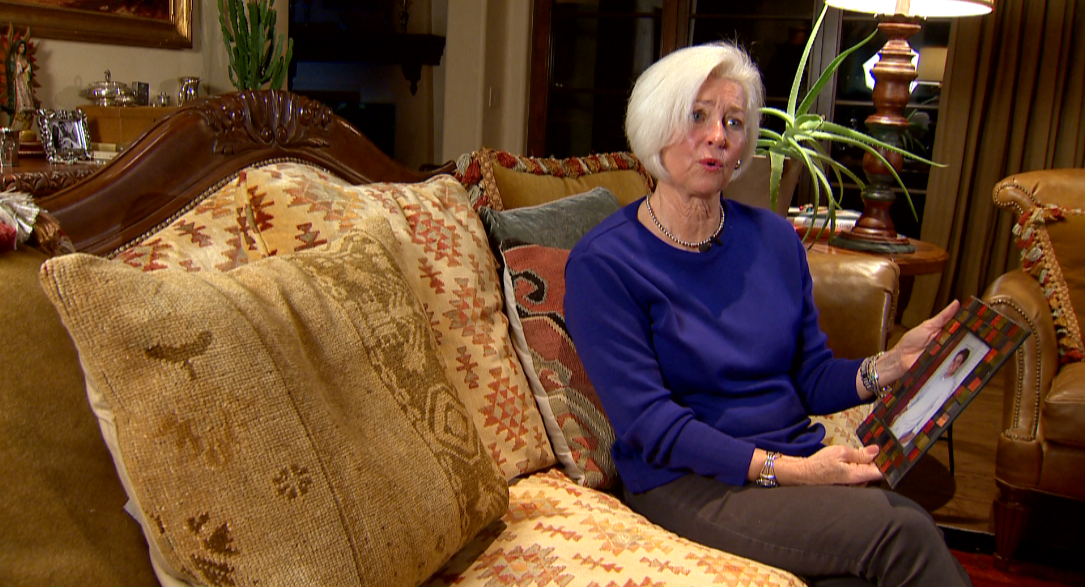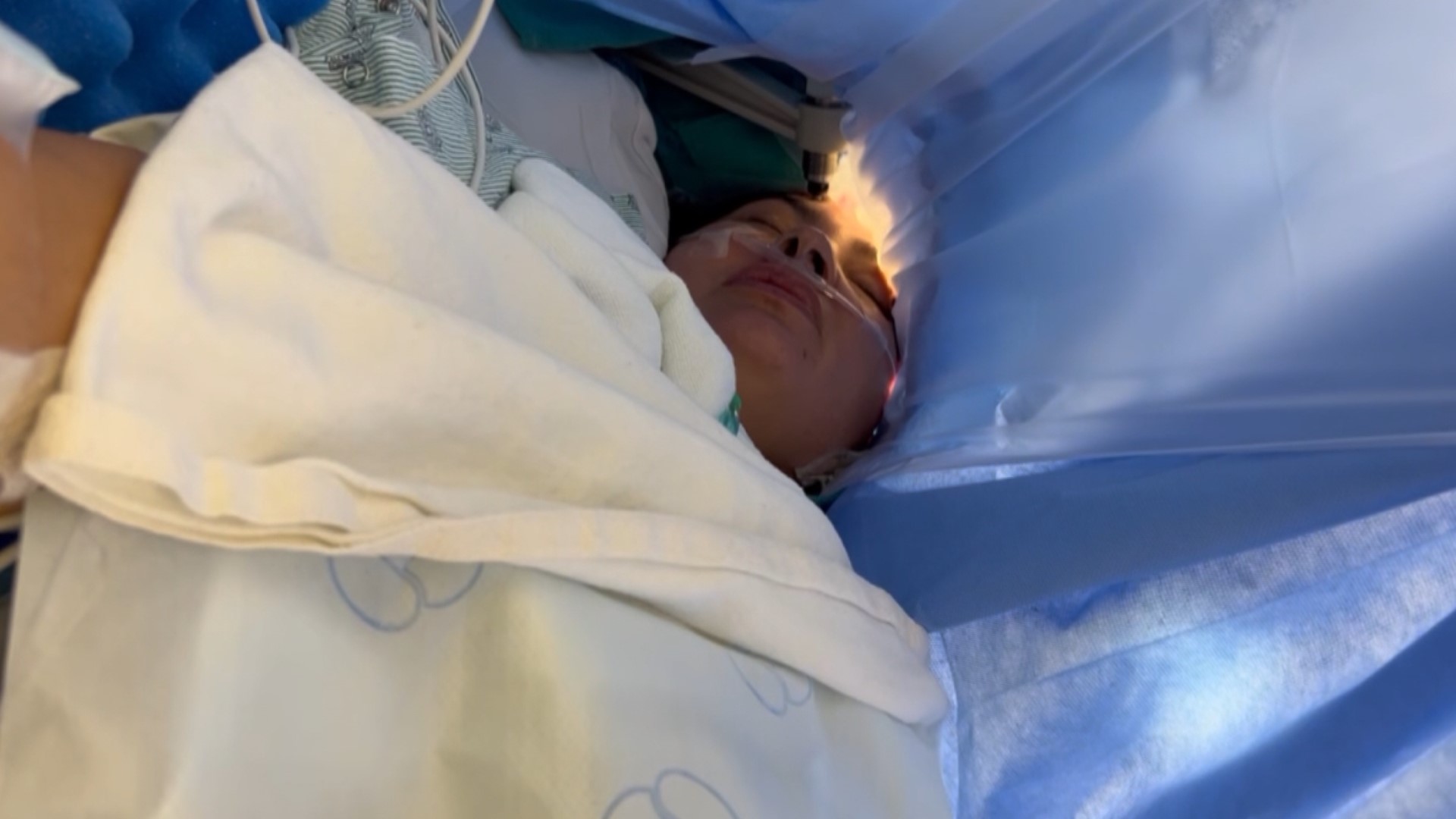DENVER – In lives across Colorado, people hide a terrible secret. Too many people mask the struggles. Too many people are like Patrick McKee.
"For one thing, I'll love him forever," Lydia McKee, Patrick's mother said.
Lydia McKee says her 19-year-old son did not appear troubled.
"Always seemed up. He had a great sense of humor, had tons of friends," Lydia McKee said.
But, she didn't find out till it was too late, that Patrick McKee also had a problem with depression. He started cutting himself and Lydia McKee did not fully understand why.
"I didn't ask Patrick about the fact that maybe he was thinking about taking his life," Lydia McKee said. "I just didn't know."
On Dec. 23, 2004, Patrick McKee took his father's gun and shot himself to death.
"I wanted to scream, but I couldn't. It's just too deep in there," Lydia McKee said.
She says the pain of losing her son lasted for years.
"There was a lot of anger, a lot of guilt," Lydia McKee said. "You go through this feeling of 'what kind of parent am I?'"
The pain of losing her son brought her to a support group called Parents Surviving Suicide, founded by Vivian Epstein who lost her son to suicide nearly 26 years ago.
"Our son Teddy Epstein, the third, was 23 years old when he took his own life," Epstein said.
At that time, Epstein said, there were not a lot of places to turn for support for parents.
"So, we met once-a-month in our home right here in our dining room, just talking about our mutual stories," Epstein said. "Talk across the room. Tell them experiences. So, you know what your feeling is very natural."
The group now meets at a church in south Denver. McKee is one of the veterans now anxious to help other parents recover from the suicide of their child. But, one thing stands out in this room. Most parents here did not lose a teenager to suicide. Most parents here lost an adult son.
The Centers for Disease Control keeps track of deaths by suicide across the nation. In 2013, Colorado ranked sixth overall in the highest suicide rates. These latest numbers show that while 60 teenagers died by suicide in 2013, compare that to 584 men dying at age 30 or higher.
"These men are falling through the cracks," Dr. Sally Spencer-Thomas, clinical psychologist, said.
Spencer-Thomas founded the Carson J Spencer Foundation after his suicide.
"Carson was my brother. He was a 34-year-old businessman," Spencer-Thomas said. "In the aftermath of his death, our family and our closest friends in our grief reaction decided to do this in honor of him."
The foundation takes up the cause of trying to help adult men navigate the stress of professional life and get those who need it to seek help.
"Yeah, we really want to get upstream from the suicide crisis," Spencer-Thomas said. "Suicide crisis is like Stage 4 cancer."
Dr. Michael Allen agrees. He is with the CU Anschutz Depression Center in Aurora.
"You don't want to sort of get people when they're on the ledge," Allen said. "You want to get them while things are still more manageable."
But, getting men in the door of places like the Depression Center is exactly the problem. He says the reason why suicides rates are high in Colorado and in the surrounding states is men in this area don't feel like they need help.
"Middle-aged men are used to having other people rely on them," Allen said. "They're used to doing things. They want to feel competent."
Spencer-Thomas says part of the issue is cultural.
"From the day they were born, they've been conditioned. Don't ever show your weakness, be self-reliant. Pull yourself up by your bootstraps," Spencer-Thomas said.
Allen says when men do seek help, they often go to the wrong place, the emergency room.
"Emergency room docs have a lot of other things to think about and they're not necessarily well-trained to deal with mental health problems," Allen said.
He says suicide prevention groups are working to address that by trying to find a way to screen for suicide in the emergency room and create an active link to mental health professionals.
"There's a big crack between the ER where a lot of suicidal people go and the mental health specialist down the street," Allen said.
Lydia McKee believes the key to stopping suicide lies with boys and men seeking help before their issues, especially depression, become too severe. She says there needs to be more awareness.
"It never occurred to me that my child could die by suicide and from depression, never occurred to me," Lydia McKee said.
If you need someone to talk to about your mental health, you can call Rocky Mountain Crisis Partners at 844-493-TALK (8255). For men looking for an alternative way to assess their mental health needs, there's a program called Mantherapy that can viewed online right here: http://mantherapy.org/.
"I don't feel Pat took his life. I think depression took his life," Lydia McKee said. "Patrick pulled the trigger, but it was the disease that killed him."
(KUSA-TV © 2015 Multimedia Holdings Corporation)


